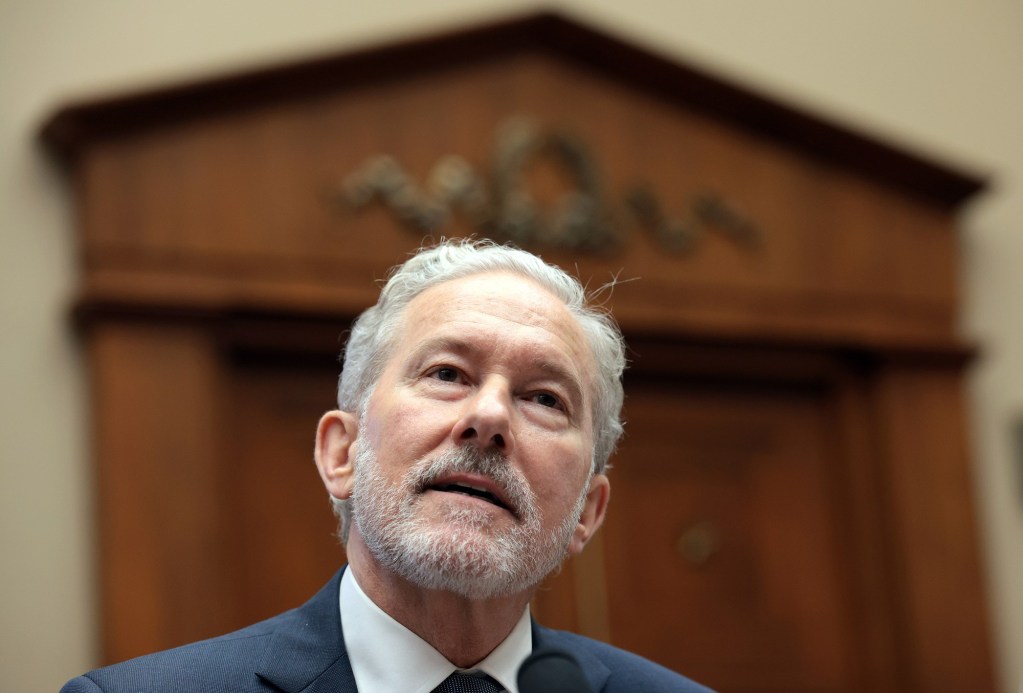The recent testimony of university leaders before the House Committee on Education and Workforce has brought a significant shift in the dialogue surrounding antisemitism on college campuses. On July 15, 2023, Chancellor Rich Lyons of UC Berkeley, Chancellor Félix V. Matos Rodríguez of the City University of New York, and interim President Robert M. Groves of Georgetown University unequivocally labeled anti-Zionism as a form of antisemitism.
During the hearing, Representative Burgess Owens of Utah posed a critical question: “Is denying the Jewish people their rights to self-determination… antisemitism? Yes or no?” The response from all three leaders was a clear and firm “Yes.” This declaration underscores the right to Jewish self-determination as central to the definition of Zionism, a point that has often been muddled in academic discussions.
The clarity provided by these university officials is seen as both necessary and overdue. For years, advocates for social justice have raised awareness about various forms of discrimination, yet there has been a noticeable silence regarding the rise of antisemitism, particularly at protests against Israel. The chants heard at such demonstrations, including “From the river to the sea, Palestine shall be free!” and “We don’t want no two states! We want all of ’48!” have often been dismissed as merely anti-Zionist rather than antisemitic.
It is important to recognize that while not all anti-Zionists hold antisemitic views, the essence of anti-Zionism—denying the Jewish people’s right to self-determination—aligns with antisemitism. This distinction is crucial, especially when anti-Zionism uniquely targets the Jewish state for elimination, unlike other ethnonational states.
The university leaders’ acknowledgment of anti-Zionism as antisemitism resonates with a federal district court’s preliminary injunction last year. The court ruled that the University of California, Los Angeles could not permit anti-Israel activists to exclude Jewish students from campus spaces simply because they refused to denounce their faith, which includes a commitment to Zionism.
At its core, Zionism represents the belief in Israel’s right to exist as a Jewish state, a principle deeply rooted in Jewish tradition and history. This belief is reinforced through daily prayers, the Passover Seder, and various cultural practices. Mischaracterizations of Zionism as a malevolent ideology do not alter its fundamental meaning and significance.
Recognizing anti-Zionism as a manifestation of antisemitism is a critical step in addressing the discrimination that many Jewish students face. This understanding can shift campus discussions regarding Israel and Palestine from divisive shouting matches to constructive debates focused on Israel’s actions, including its military engagements.
As this dialogue evolves, it may be beneficial to reconsider the use of terms like “Zionism” and “anti-Zionism.” These terms often perpetuate a narrative that questions Israel’s established status among nations. Just as the existence of Russia or the United States is not subject to ongoing debate despite criticisms of their policies, neither should Israel’s legitimacy be contested.
The testimonies from the leaders of UC Berkeley, CUNY, and Georgetown serve as an important milestone. Their statements help elevate the discourse surrounding the Israeli-Palestinian conflict, providing a framework for more meaningful engagement on campuses.
This new clarity establishes a foundation for combating the discrimination that Jewish students encounter, enabling a focus on substantial conversations rather than divisive rhetoric.
